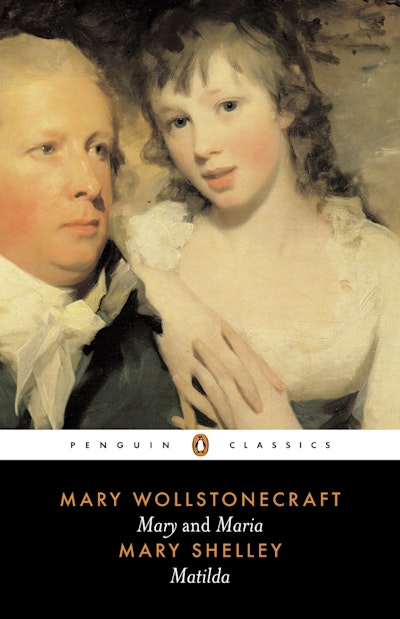- Published: 14 October 1994
- ISBN: 9780140446173
- Imprint: Penguin Classics
- Format: Paperback
- Pages: 320
- RRP: $26.99
Human, All Too Human
The book which marks the start of Nietzsche's mature philosophical writings
Written after Nietzsche had ended his friendship with Richard Wagner and had been forced to leave academic life through ill health, Human, All Too Human (1878) can be read as a monument to his personal crisis. It also marks the point when he matured as a philosopher, rejecting the German romanticism espoused by Wagner and Schopenhauer and instead returning to sources in the French Enlightenment. Here he sets out his unsettling views in a series of 638 stunning aphorisms - assessing subjects ranging from art to arrogance, boredom to passion, science to vanity and women to youth. This work also contains the seeds of concepts crucial to Nietzsche's later philosophy, such as the will to power and the need to transcend conventional Christian morality. The result is one of the cornerstones of his life's work.
- Published: 14 October 1994
- ISBN: 9780140446173
- Imprint: Penguin Classics
- Format: Paperback
- Pages: 320
- RRP: $26.99
Other books in the series
About the author
The philosopher Friedrich Nietzsche was born in Prussia in 1844. After the death of his father, a Lutheran minister, Nietzsche was raised from the age of five by his mother in a household of women. In 1869 he was appointed Professor of Classical Philology at the University of Basel, where he taught until 1879 when poor health forced him to retire. He never recovered from a nervous breakdown in 1889 and died eleven years later.
Known for saying that 'god is dead,' Nietzsche propounded his metaphysical construct of the superiority of the disciplined individual (superman) living in the present over traditional values derived from Christianity and its emphasis on heavenly rewards. His ideas were appropriated by the Fascists, who turned his theories into social realities that he had never intended.


























































































































































































































































































































































































































































































































































































































































































































































































































